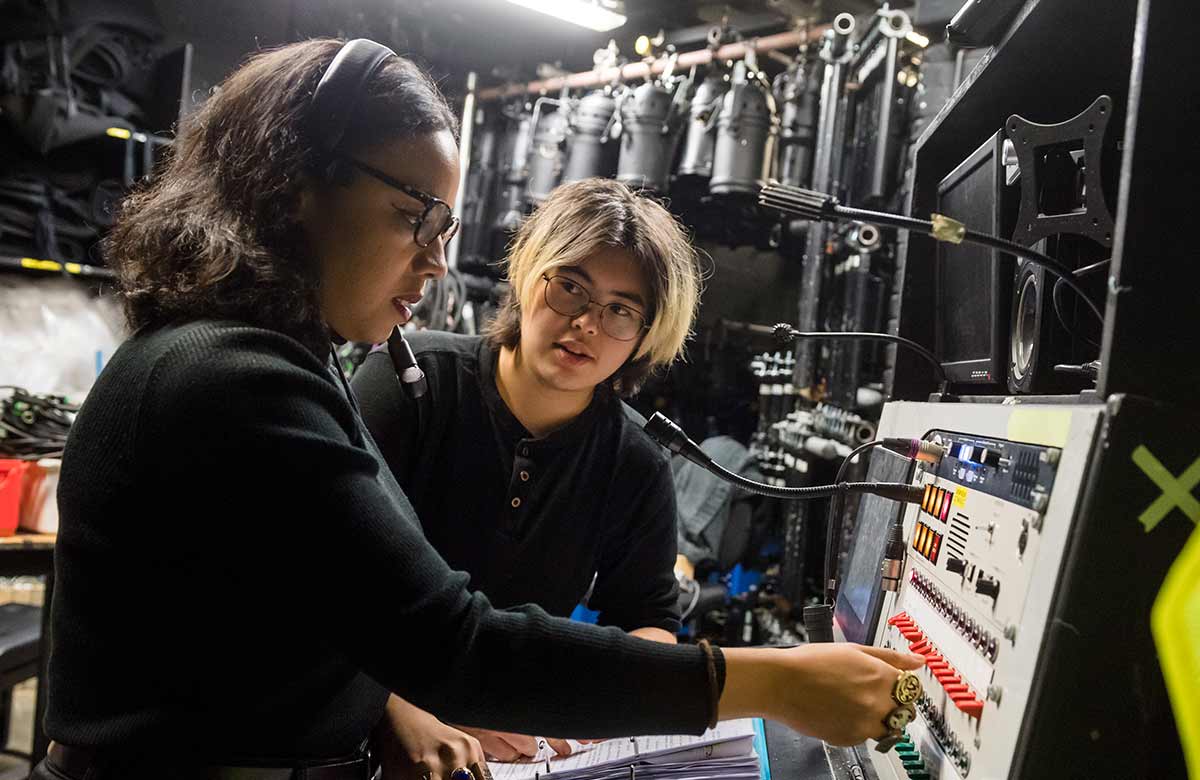UNESCO: 10 million creative jobs lost in Covid crisis
Ten million creative jobs were lost worldwide during the pandemic, according to estimates by UNESCO, which has called for better protections for arts workers to prevent further cultural decline.
In a new report, the UN’s cultural body warned of an "unprecedented collapse" in both income and employment in the creative industries across the globe, with cultural professionals finding their safety nets eroded and ability to make money stifled.
It said 10 million jobs were lost in the creative industries during 2020 alone because of the pandemic, and estimated that the global gross value added in the sector fell by $750 billion (£553 billion) in the same year. On average, creative industries revenue decreased by between 20% and 40% in countries where data was available, it said.
UK data from Oxford Economics, published in 2021, estimated that 39% of GVA had been lost in the music, performing and visual arts sectors in the first year of the pandemic, with job casualties exceeding 80,000.
According to the UNESCO report, entitled Re-Shaping Policies for Creativity, the loss of work and revenue magnified the “already precarious working conditions" for artists and creative workers around the world.
It added: "The social security net for artists in many countries was already inadequate, however the pandemic has exposed just how vulnerable workers in the cultural and creative sectors are."
Despite this, the pandemic proved the "intrinsic value" of the sector, the report said, as it demanded governments ensure both economic and social protection for creative workers globally, such as a minimum wage in cultural employment and better pension and sick pay for freelancers.
The explosion of digital work during the pandemic also means better policies must be shaped to support creatives working in this area, the report argued.
It acknowledged that digital revenues "do not make up for the sharp drop in income caused by the lack of live events" and advocated for fairer remuneration for the creators of online content.
UNESCO assistant director general for culture, Ernesto Ottone R, said Covid had exposed a "basic paradox", "whereby people’s global access to, and reliance on, cultural content has increased, however, at the same time, those who produce arts and culture find it increasingly difficult to work".
He outlined a need to "rethink" how to build sustainable and inclusive working environments for culture professionals, while the report itself calls for action from governments.
UNESCO director general Audrey Azoulay said: "UNESCO is determined to help governments and cultural players with the development of extensive cultural initiatives, regulations and policies, and to support the growing role of culture in international exchanges at the highest level."
In a foreword to the report, Azoulay stated: "The Covid-19 pandemic has led to an unprecedented crisis in the cultural sector. All over the world, museums, cinemas, theatres and concert halls – places of creation and sharing – have closed their doors. In 2020, the income drawn by creators fell by more than 10%, or more than 1 billion euros. What was already a precarious situation for many artists has become unsustainable, threatening creative diversity."
Production News
Recommended for you
Production News
Recommended for you
Most Read
Across The Stage this weekYour subscription helps ensure our journalism can continue
Invest in The Stage today with a subscription starting at just £7.99














